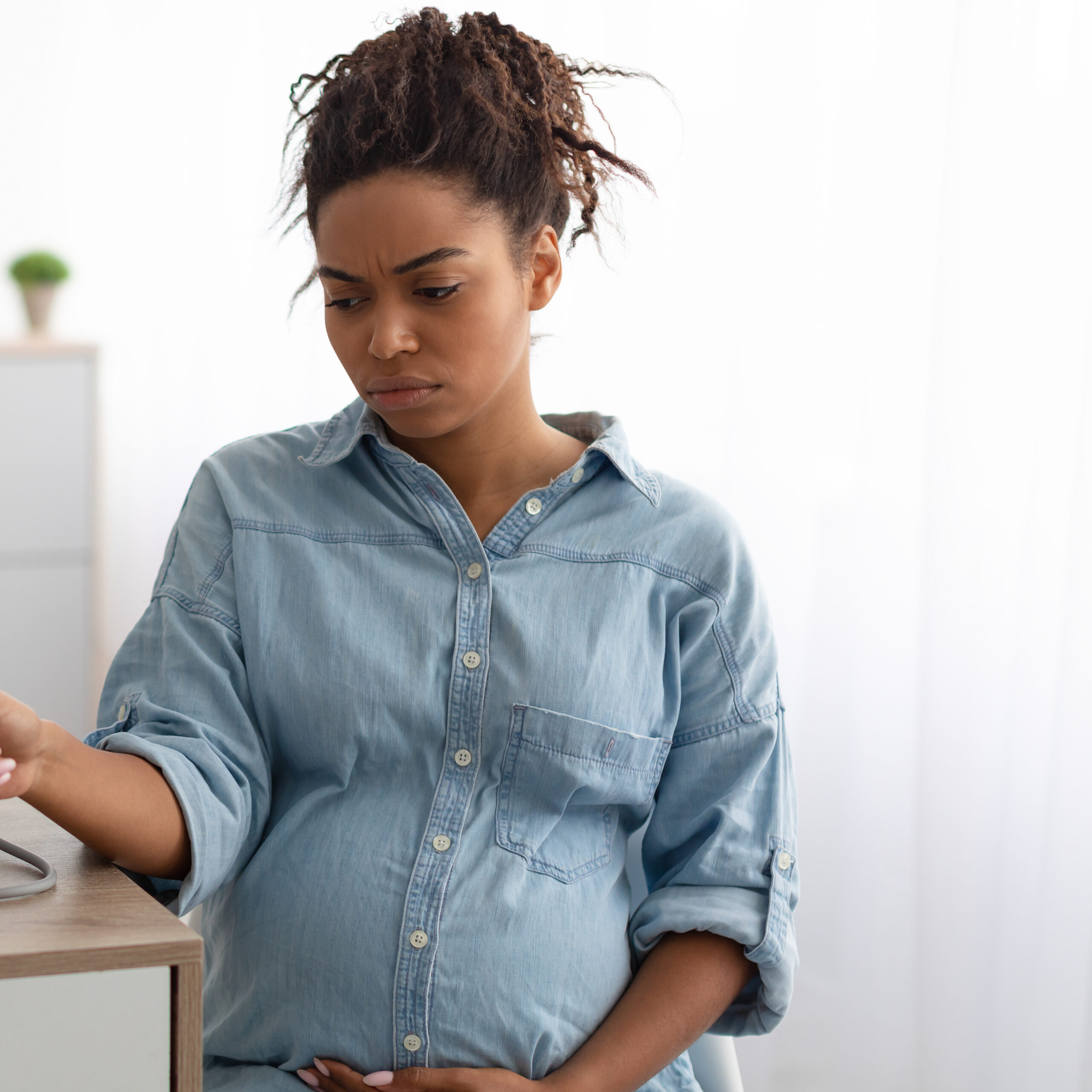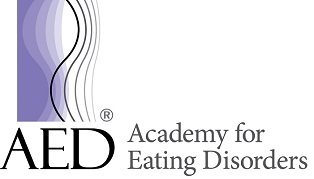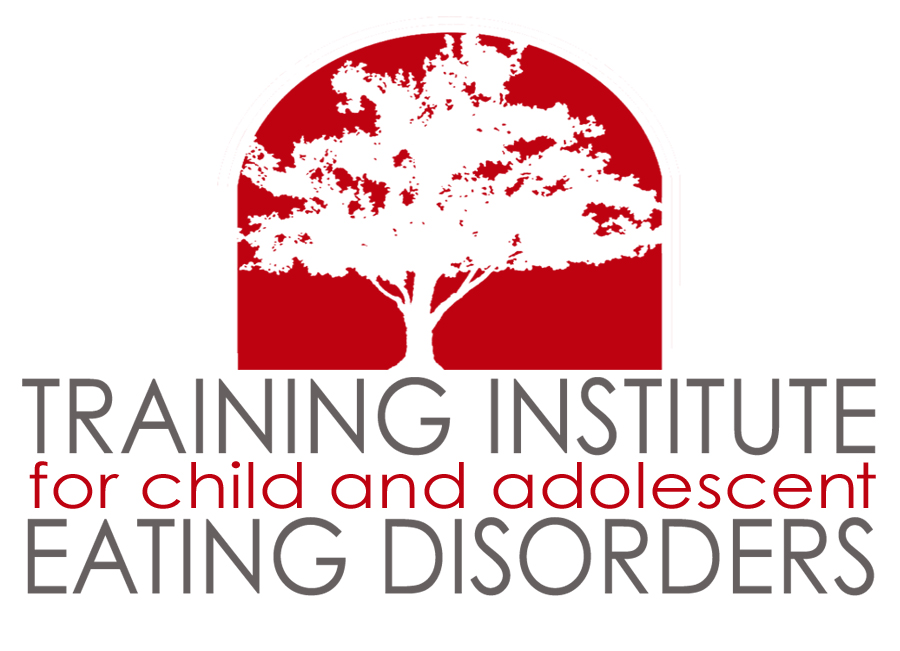Types of Eating Disorders in Pregnancy
Eating disorders, affecting all genders, ages, and cultures, can manifest in various forms without meeting the full clinical criteria, often referred to as atypical eating disorders (Ward, 2008). They can occur during pregnancy as:
ANOREXIA NERVOSA
Anorexia nervosa is an eating disorder that typically includes a distorted body image, simply meaning that how the individual sees themselves is different than how others perceive their body. Individuals struggling with Anorexia have a fear of gaining weight, which contributes to behaviors such as not eating enough, exercising too much, and using laxatives.
BULIMIA NERVOSA
Bulimia nervosa involves binge eating and purging, such as overeating followed by vomiting or excessive exercise. The most prevalent eating disorders in women are anorexia nervosa and bulimia nervosa, although atypical eating disorders, still not fully researched, could be even more common.

How Can Pregnancy Affect an Eating Disorder?
Pregnancy can significantly impact an eating disorder in various ways. Hormonal changes and weight gain associated with pregnancy can exacerbate body image concerns and trigger or worsen eating disorder behaviors. Some women might find that their symptoms temporarily ease during pregnancy due to focusing on the baby’s health. However, others might experience intensified symptoms due to the physical changes. The postpartum period can also be challenging, with body changes and added stress potentially leading to a resurgence or worsening of eating disorder symptoms.
How Can Pregnancy Affect an Eating Disorder?
Eating disorders can have serious impacts on both a woman and her baby during pregnancy. For the baby, potential risks include:
- Premature birth: Babies might be born before the expected due date.
- Low birth weight: Babies could weigh less than 5 pounds, 8 ounces at birth.
- Respiratory distress: Babies could have difficulty breathing on their own.
- Feeding difficulties: Babies might have problems feeding properly.
- Slower development: There could be a delay in reaching major milestones.
- Postnatal complications: Increased risk of complications after birth.
For the pregnant woman, maintaining an eating disorder increases risks of complications, such as gestational diabetes, miscarriage, hypertension, hyperemesis gravidarum, and postpartum depression.

How We Treat
Pregnant women with eating disorder history or risk factors should ideally consult with an obstetrician experienced in eating disorders, or otherwise, a specialized mental health professional. Their treatment may involve frequent check-ups, nutritional education, and coaching to focus on baby-beneficial health changes. Honest discussion about pregnancy-related body and weight changes can aid in acceptance. If her eating disorder poses health risks and outpatient improvements aren’t seen, higher care levels might be necessary.
Resilience DBT & Eating Recovery, with teams in New Jersey, Florida, and Maryland, offers specialized outpatient perinatal care for pregnant women coping with eating disorders. Reach out to us to learn how our customizable services can address your unique needs.
How do I begin?
Our team is dually and expertly trained in the Treatment of Eating Disorders and DBT for Mental Health. Our Evidenced-Based approaches include FBT, CBT-E, DBT-ED, and Comprehensive DBT for co-occurring mental health conditions. Our outpatient practice has helped Children, Teens and Adults achieve full Eating Disorder Recovery and Mental Health Stability for over 25 years.
1
Schedule your 15 minute free phone consultation
This phone screening is highly confidential to help determine if coming to the Resilience practice is the best course for you or your loved one.
2
Complete an Expert and Comprehensive Intake
During your intake appointment we will gather more information to identify your stressors and needs. And work with you to develop your resilience treatment plan.
3
Get connected with Your Personalized Care Team
Meet with a practitioner to get started on your journey of healing and wellness you know you deserve.









